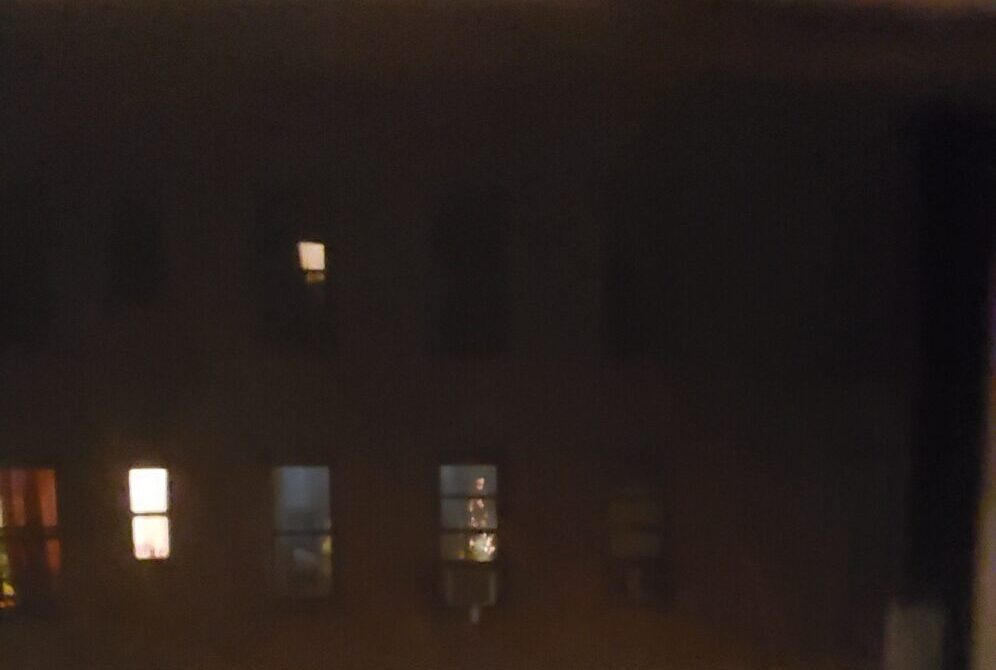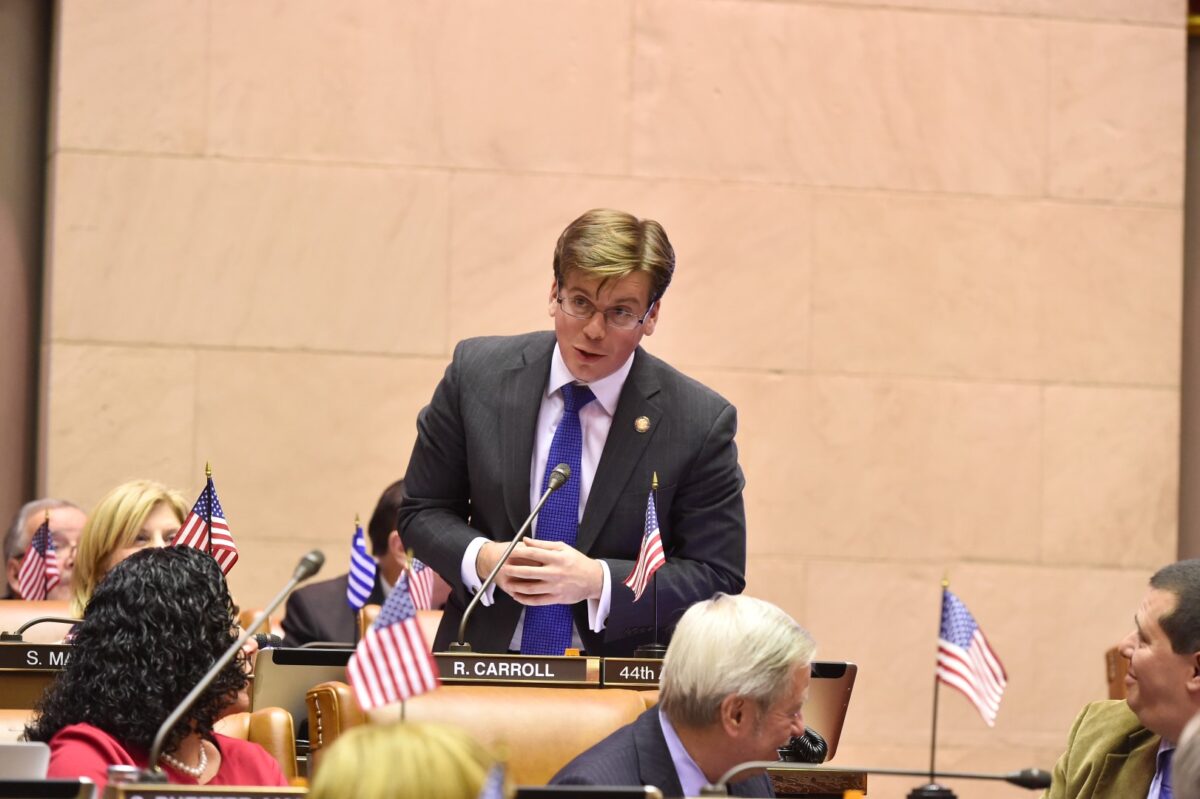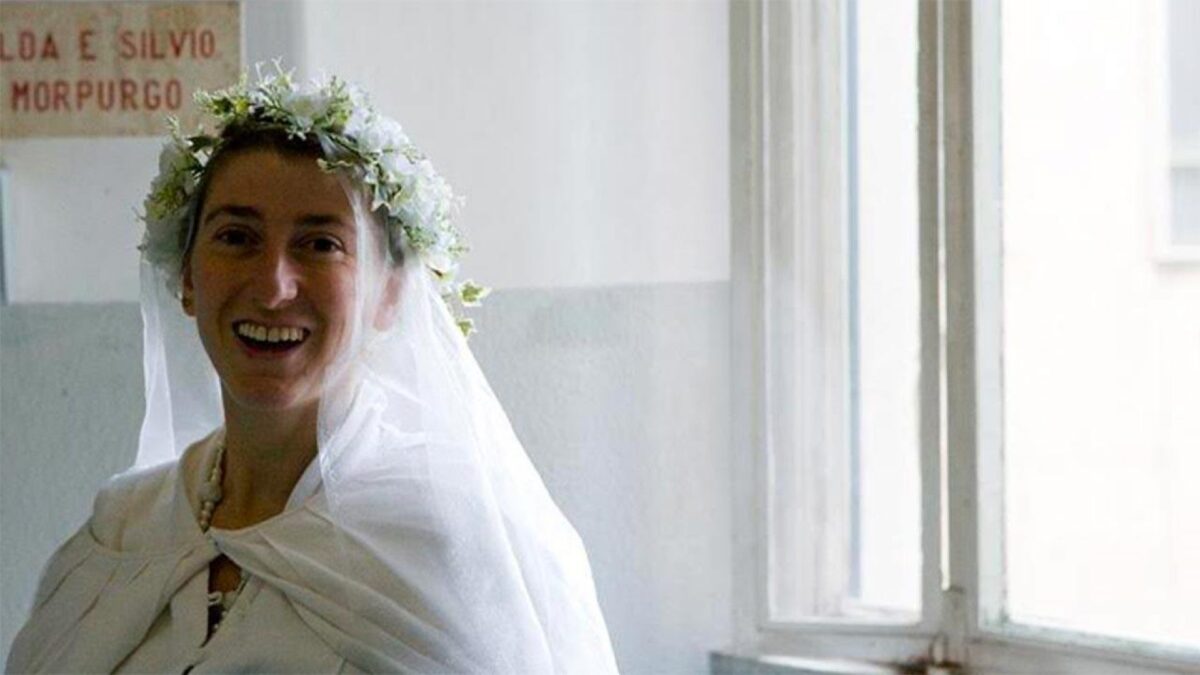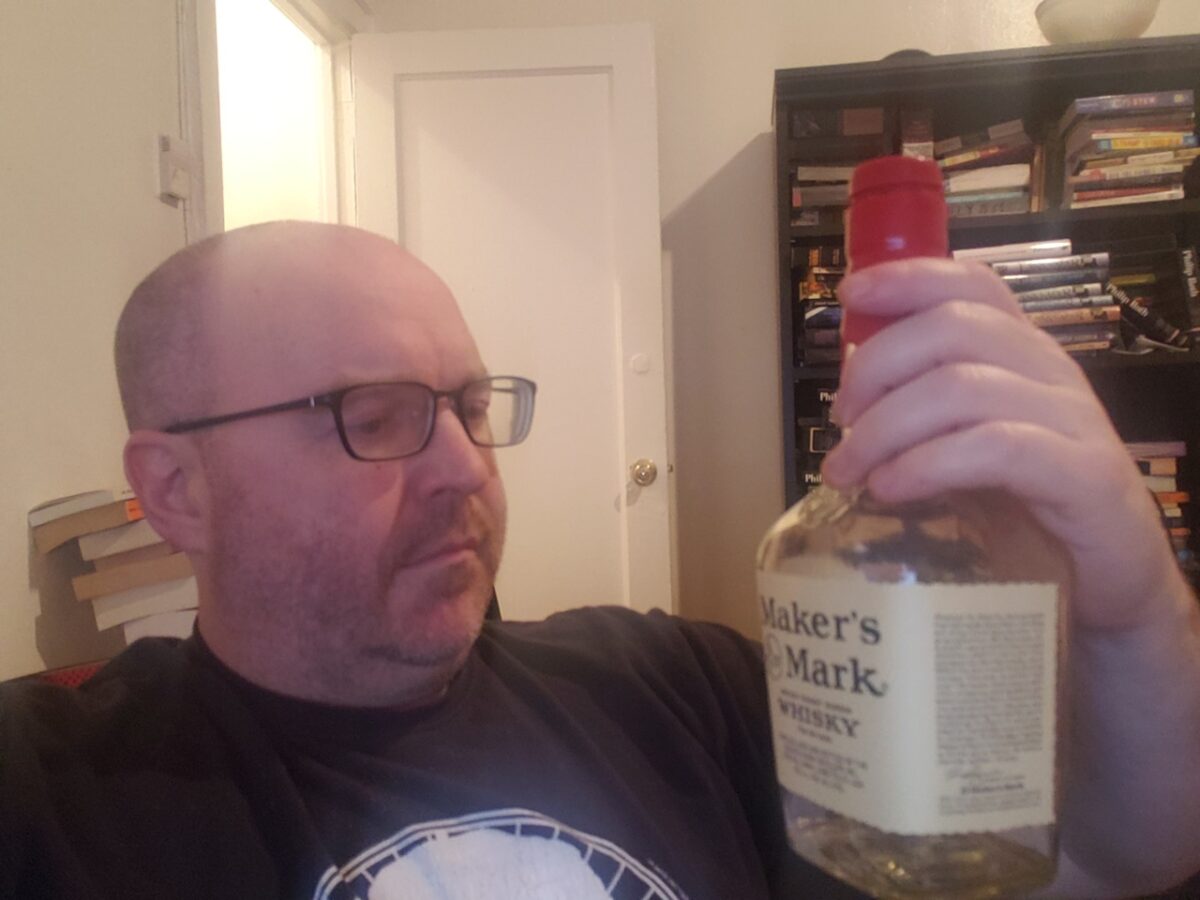We tell ourselves that there is virtue in hard work. That if we push ourselves beyond our limits, it will somehow pay off. But there’s always some con man out there who can get you: a villian who is willing to punch lower than his colleagues, who knows no bottom level of cruelty, and who defies the baseline of what any decent human being should never do.
It happened to me. And I hate myself for it. I was fleeced. Of my pride. Of my confidence. Of my identity. I fell victim to an identity thief because I wanted to believe that I was worth something. Because I wanted to believe that I was good. Because I try to have faith in people. Anyone who knows me knows that I have a work ethic that rivals a Victorian sweathouse. Well, that work ethic is gone. And I don’t know when I’ll find it again. I feel raped. Listless. Unemployable. My future gone. My potential extinguished.
It wasn’t always like this.
I’d started the year with such promise. I had turned my life around. I was in demand. People were hiring me. Recognizing my talent. Seeing that I was a fun and decent man. And they were employing me at what I was best at doing. What I loved doing. What I’d be doing anyway even if there wasn’t a paycheck attached. Audio production. Writing. What I lived and breathed. What I poured all my heart and soul into.
After six years of toiling without complaint at office jobs, I’d finally summoned the courage to freelance again, stumbling onto the magic formula that allowed me to pay my rent. I was cleaning up copy for a television network. I was serving as a story consultant for a podcast in development. I was writing voiceover scripts. It all happened so fast. February now seems so long ago, but it’s important to remember that, before wearing a mask became part of the social contract, it felt like a time in which you could do anything. The editors I spoke with over the phone loved me. I felt like the luckiest man alive. Not only was I immensely grateful for all of these opportunities, but this work gave me pride. Meaning. Purpose. Hope. Faith. Friends noticed I was so much calmer and more pleasant to be around. I honored the universe’s generosity by working myself to the bone. By being the kindest and most thoughtful man I could be. By being the guy you really wanted to have on your team.
Then the pandemic hit. And all the gigs evaporated.
I had some savings. So I decided to ride my way through the pandemic. It would only last a few months, right? I worked twelve hour days. I didn’t want a pandemic, much less anything, to stop me. I edited and released thirteen episodes of my audio drama, sometimes summoning my then girlfriend (now friend) to record some goofy background characters. She was more of a natural ham than she knew. And I wanted her to be included in my creative life.
A writer friend -– bless her soul for her mischievous machinations –- egged me on to write fiction. So I wrote a 75,000 word draft of a wild comedic novel in three months. I would spring from bed at 5 AM and write, accompanied by my girlfriend’s cat, who would often lay at my feet as I typed. The cat had become one of my biggest fans. When I finished another 1,000 word installment, I would read the latest chapter of my book-in-progress to my girlfriend, often offering a breakfast in bed option, watching her smile and observing the points where she laughed, which was often, for later revision. Then I would edit my audio drama for another eight hours or so before cutting myself off from my creative labor to make dinner and spend quality time with my girlfriend. She was a savvy news junkie who was good enough to fill me in on the latest developments. We looked after each other for weeks. Beta readers – including a number of published authors who are not easy to impress — told me how much my writing had improved and how this novel was going to be the skeleton key for people to finally understand my oddball empathy-driven soul. Beta listeners offered similar feedback on my dramatizations for the ear. So I stayed busy. I worked. I made things. I found peace in making things. There were a few nights in which I drank too much wine. But who didn’t buckle a little bit under the pressure? I kept at it.
But I had a finite amount of savings. I needed a job. I couldn’t keep at this forever.
It turned out that my girlfriend and I worked better as friends than lovers. It was nobody’s fault. I returned to Brooklyn in late April, feeling ashamed for fleeing my beloved neighborhood. This was my city. This was the place that turned me into a workhorse. This was the city that made me. It was also the city that had nearly ruined me. But I found the resilience and the humility to bounce back. And the city rewarded me for my pluck. Because that is the covenant of living in New York. If you work your ass off here, you will make it.
There came a point in early summer in which I knew I would need to look for work. I had once pulled myself out of homelessness and into a marvelous one bedroom apartment through sheer tenacity and indefatigable resilience. My life could be summed up as a historical record of overcoming countless challenges. Surely, I could emerge victorious over this one.
And so I applied to jobs.
330 jobs, according to my spreadsheet.
Mostly nothing back. Sometimes a form rejection letter.
The toughest job hunt of my life.
In October, I came very close to landing a dream job as an audio producer. It was down to me and another person. I busted my ass to show that I was the best. I sent endless show notes and ideas and audio cuts and guest lists. I carried on as if I had the job already. The executive producer – a very kind and talented journalist — was impressed. But he went with the other person. To come so close to something I was so right for and to not get it. Well, it was crushing. But I was greatly honored to have been considered and to have made it as far as I did.
Still, I was demoralized. Back to square one.
Enter the scammer one week after I learned that I didn’t get the producer job. He had enough information for me to corroborate against the company’s website. The COO’s name was Ed Sople. “Ed Sople” was also the name of the scammer. The company was Dellbrook JKS. The address he used matched up. The logo he used matched up. The names he used matched up. It seemed curious to me that he never wanted to talk on the phone. I actually left a voicemail for the real Ed Sople, pleasantly introducing myself as his new data wrangler, but he never called me back. I figured that the guy was just some weird eccentric in Massachusetts who didn’t like to use the phone.
The con man promised me a job. A job that would pay my rent and carry me through 2021. It turned out to be a lie and a scam. I learned later that the guy had bamboozled three other people. He used a Gmail and a Telegram account. I reported the account to both. But, of course, I never received an acknowledgment from either company. And there is, of course, no phone number at either Google or Telegram that I can call. No person I can speak to. That’s how these scammers operate. They find the services in which they can’t be shut down because these libertarian techbros believe they know best and extirpate all customer service options. And the scammers steal from victims with impunity.
The racket was this. You get an offer letter that you sign so that the scammer has your signature. You give out your address and phone number, as well as a copy of your driver’s license – which is natural, because you generally need to submit two forms of identification for a job anyway. You are told that you’re going to get a check in the mail to set up a home office for a remote position. You receive a list of equipment. But the check in the mail doesn’t arrive. The scammer says that the department is going to send along a debit card. That never arrives. You ask about direct deposit. But that somehow isn’t an option. Then the scammer asks if you have a credit card and says that he wants to wire you $5,000 into your account. Could you send the front and the back of the credit card?
I needed the job. But this was a huge red flag. So I sent him the front and back of the card and called my credit card company to cancel it. Once, the scammer had my card, he then asked me for the last four digits of my social security number. I asked if this was something I could give him over the phone.
I called Dellbroook. Heard back from the real Sople and the human resources person. It was a scam. A scam they knew about. A scam that they haven’t reported on their website to help protect other victims.
I was smart enough to catch on to the scammer before he had too many of my details. But I still feel so incredibly stupid to have been suckered along as long as I was. He had enough of my details to do some damage if he wanted to. I’ve spent the last 24 hours cancelling credit cards and talking with the authorities when not drowning myself in Maker’s Mark. Because I’m too hurt, too wounded right now to go through the terrible process of applying to jobs I’m highly overqualified for and hearing nothing back. But I have no other choice. I need a job. But then so does everyone. I can’t get through to the New York unemployment people through the telephone or the website. In a world in which scammers have no shame and a deadly virus is unstoppable because too many maskless yahoos believe they are immune, you’d think that there would be reliable resources to provide for the people. But there isn’t. Because the new way of life is government leaving people in the cold. Letting them starve. Letting them die.
And I’m angry. This scammer stole weeks of my life that I could have spent job hunting. Vital weeks before the holidays. Weeks that count that are now gone.
I am debt-free right now. Next month, I won’t be. I weep knowing that I may be facing a significant financial hole through no fault of my own. I’m a hard worker. I don’t want to owe anyone a thing. When I got a job after a nervous breakdown, the first thing I did was pay back anyone who had ever given any money to me during my tough times. I worked hard to pull myself out of debt over two years after losing everything I had. I lived like a starving grad student. Skimped out on anything really to get the balance to zero as swiftly as possible.
I know others have it much worse off than I do. And I feel ashamed to complain. But if I don’t say anything, I’ll never be able to discover some shred of self-respect. Other people have invented lies about me online, even weaponizing these fictions on social media to strip me of any dignity and to belittle my work. But this scammer went one step beyond the cyberbullies. He made me believe that I was worth something. And now I don’t know if I’m worth anything at all. What’s the point of having a work ethic if the people who hold the purse strings tell you that you have no value? In 2020, a work ethic is no better than an empty whiskey bottle.





